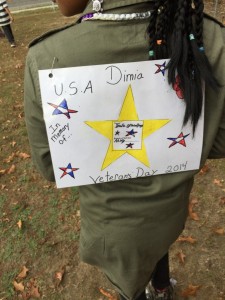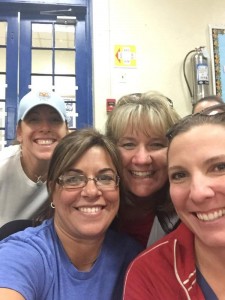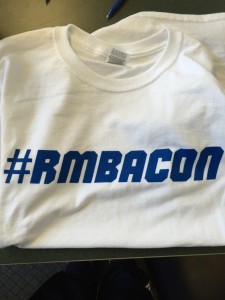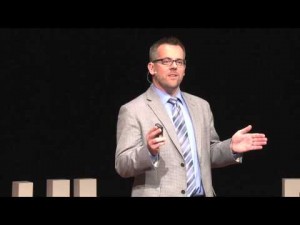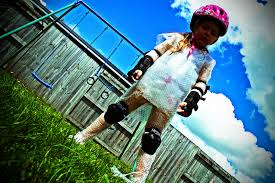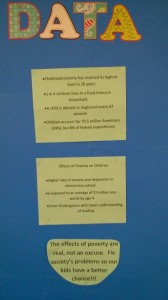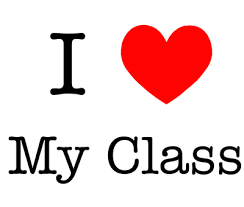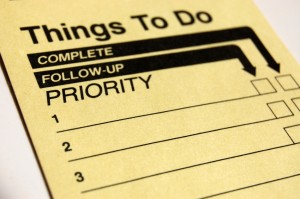We participated in our third consecutive World Run Day! For those of you who are not familiar, World Run Day began as a way to celebrate running and to show the benefits of this activity. For more information on World Run Day, check out this site. This year we combined World Run Day with Veterans Day. Our students ran for a Veteran!
Our participation in World Run Day was started by our Healthy Schools PLC as a way to increase awareness for cardiovascular health, wellness, and healthy eating. Not all students can run, but they are encouraged to at least walk. During the run, we had teachers giving out Popsicle sticks to help the students remember how many laps they completed in the given time. The activity took about an hour. We have our students warm up, stretch and then run/walk. During the activity we play music and had giveaways.
Even though World Run Day already occurred, you can create your own. Pick a day, plan it out, and have fun with it. There is no better way to create a healthy school then by modeling what you want your students to do…. So get out there and run!
